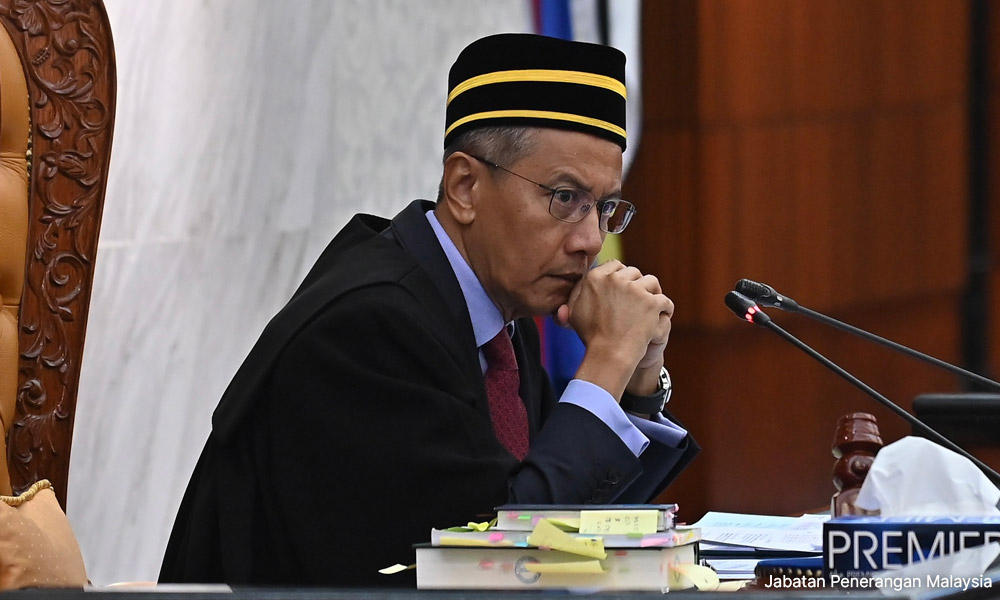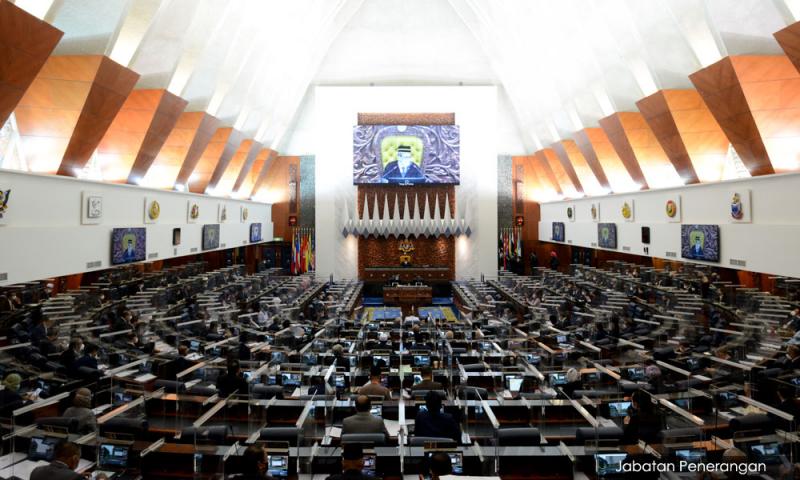LETTER | Why reject Private Member’s Bills?
LETTER | Private Member’s Bills are governed by the Dewan Rakyat Standing Orders (SO). SO49 (1).
It stipulates that any private member desiring to introduce a Bill may, subject to the provisions of Article 67 of the Federal Constitution, apply to the House for leave to do so, and at the same time, submit a copy of the Bill with an explanatory statement of the objects and reasons but shall not contain any argument.
SO49 (2) allows the application for leave to be refused if the application does not conform with the requirement of these standing orders or any federal law.
When a Private Member’s Bill seeks to amend the Constitution, Article 159 applies. It provides for the mechanism to amend the Constitution itself.
Under Article 159 (1), some constitutional amendments may be made by an ordinary Act of Parliament but these are limited to matters as specified in Article 159 (4).
Article 159 (3) provides for the main method for effecting a constitutional amendment – that is, by a Bill passed by no less than a two-thirds majority of the total number of members of each House of Parliament (not simply the members present and voting), on the second and third readings of the amendment Bill.
What is a Bill?
A Bill is a proposal for new legislation or law, or a proposal to change an existing law that is presented for debate before Parliament.
Article 66 (1) provides that the power of Parliament to make laws shall be exercised by Bills passed by both Dewan Rakyat and Dewan Negara (or, in the cases mentioned in Article 68, the Dewan Rakyat) and assented to by the Agong, except as otherwise provided in Article 66.
When a Bill has been passed by the House in which it originated – Bills can originate in either the Dewan Rakyat or Dewan Negara – it shall be sent to the other House to be passed.
It must then be presented to the Agong for his assent – Article 66 (3). The Bill becomes law on being assented to by His Majesty, but no law shall come into force until it has been published in the Gazette – Article 66(5).
In special situations, however, in addition to the requirements of Article 159(3), other conditions must also be fulfilled. For example, under Article 159(5), the consent of the Conference of Rulers is required.
Clause (5) reads as follows, “A law making an amendment to Clause (4) of Article 10, any law passed thereunder, the provisions of Part III, Article 38, Clause (4) of Article 63, Article 70, Clause (1) of Article 71, Clause (4) of Article 72, Article 152, or 153 or to this Clause shall not be passed without the consent of the Conference of Rulers”.
It is to note that Part III of the Constitution makes provisions on citizenship. Amendments to provisions on citizenship, therefore, require consent from the Conference of Rulers.

But note the use of the word “law” in Article 159 (5) and “Bill” in Article 159 (3).
“Bill” and “law” are different. A Bill is a proposed law. By definition, “law” includes “written law”, which includes federal law and state law.
“Federal law” means any Act of Parliament – Article 160. An Act of Parliament is a Bill passed by both the Dewan Rakyat and Dewan Negara, and assented to by the Agong. It takes effect upon being published in the Gazette.
For an Act of Parliament – called an Amendment Act – that amends Part III of the Constitution, the other condition of consent of the Conference of Rulers must be fulfilled for it to become law which takes effect after being published in the Gazette.
So, why are the Private Member’s Bills to amend the provisions on citizenship rejected?
Having raised the question though, where consent is required of the Conference of Rulers, the Rulers are entitled to be first consulted as Article 38(2) allows the Conference to deliberate on questions of national policy (citizenship may be so considered) and any other matter that it thinks fit.
So, the motion to introduce the Private Member’s Bills could be accepted as Clause (3) of Article 159 applies in this case, not Clause (5).
The government could adopt the Bill collectively as a government Bill. The administration then can present it to the Conference of Rulers before the first reading.
The views expressed here are those of the author/contributor and do not necessarily represent the views of Malaysiakini.
RM12.50 / month
- Unlimited access to award-winning journalism
- Comment and share your opinions on all our articles
- Gift interesting stories to your friends
- Tax deductable
